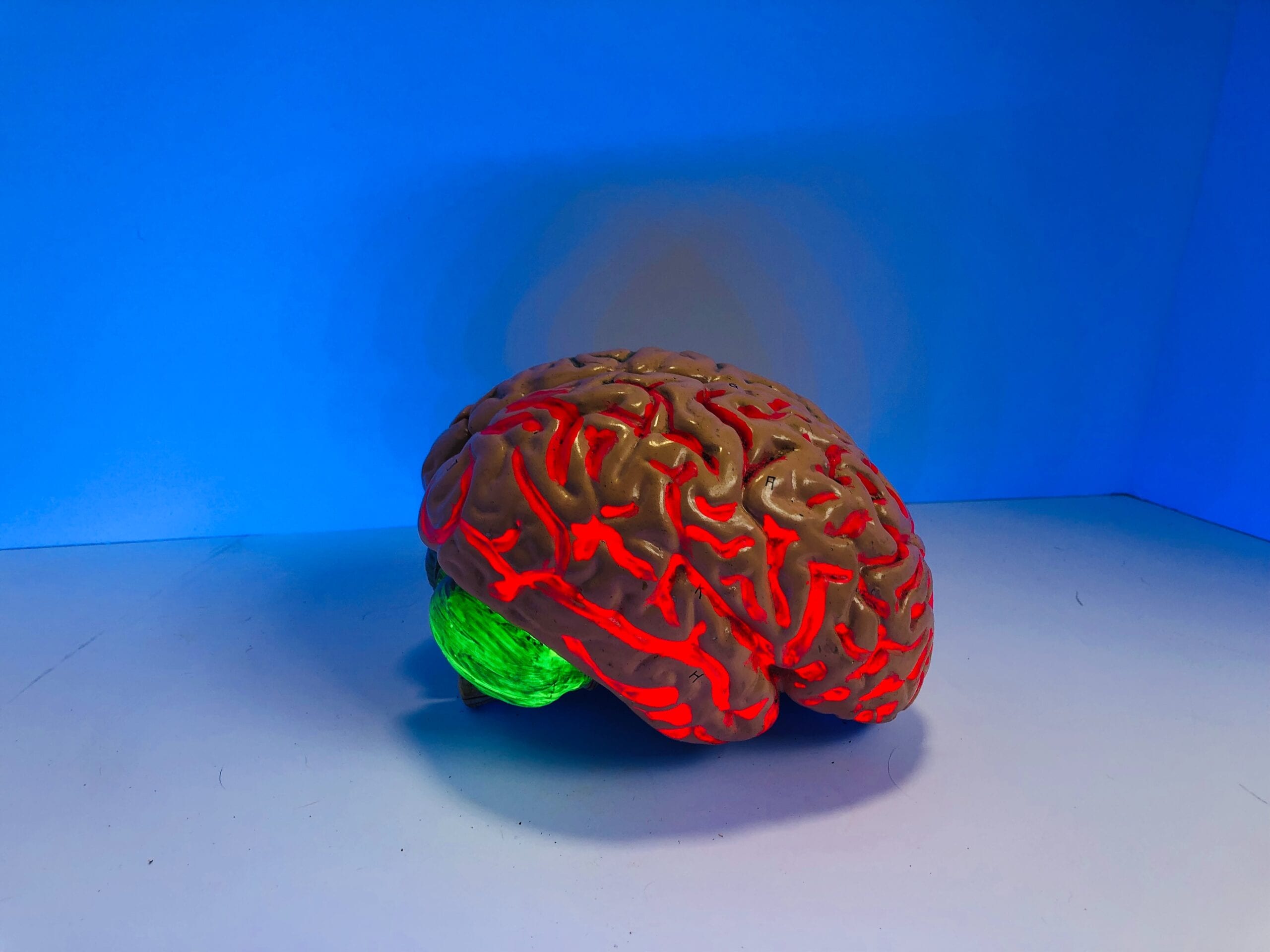CBG is one of the cannabinoids found within the cannabis plant. It has proven itself worthy of praise over the last decade. This is with research emerging highlighting the therapeutic potential of the cannabinoid. CBG makes up less than 1% of the total cannabinoid profile of whole extracts. It has always shown significant effects on various diseases. They are glaucoma, appetite loss from chemotherapy, IBD, and even bacterial infections. But our main focus in this article is CBG and Huntington’s disease.
Unfortunately, the research has been a little bit slower than its cousin CBD. This is due to the low quantity found in a harvest – resulting in higher costs and difficulty to get. These factors have affected the popularity of CBG. It allowed CBD to take the majority of the spotlight.
What Is Huntington’s Disease?
Huntington’s Disease is a hereditary disease of the Central Nervous System. It determines a degeneration of the basal ganglia and the cerebral cortex. The onset usually is between the ages of 30 and 50 (there also exist rare juvenile forms). While the evolution of the disease is progressive and fatal after 16-20 years of the disorder. The probability to inherit the gene of choreatic disorders from an ill parent is 50%. This is often in the same family more affected individuals coexist.
Symptoms
- pathological involuntary movements.
- severe alterations of behavior.
- emotional and mood disorders.
- progressive cognitive impairment.
- psychotic episodes and apathy.
Diagnosis
Thanks to the discovery of the gene, in 1993, whose mutation is the cause of the disease. It is today, possible to individuate through a genetic test who is a carrier. Specialized laboratories do carry out the test. But it requires a thorough evaluation of the candidates. This is due to the many problems of psychological and ethical nature. There are no medical drugs able to prevent, block or slow down the evolution of the disease. There are many medicines available for the neurologist which can mitigate some effects. Effects like severest involuntary movements, depression, and so on. But this cannot stop the progress of the disease.
How Far Is Huntington’s Disease Going?
According to the estimates made at the University of British Columbia, presented in 2013 at the Annual Convention on Therapies for Huntington’s Disease promoted by Cure Huntington’s Disease Initiative in 2013 in Venice and published by the magazine Lancet, the cases of Huntington’s are increasing. The epidemiological incidence of the disease has to be about 1 case every 10.000. Recent studies tend to increase this incidence to 12,3 sick individuals every 100.000.
In Italy, the affected individuals are about 6.000 cases with at least 12.000 more at risk to present the disease. Only in Lombardy the “carriers of the gene with symptoms” are more than 1000. To these, we should add the gene carriers not manifesting any symptoms yet.
Cannabigerol (CBG)
Cannabigerol, known as CBG, is a phytocannabinoid. Unlike THC, and exactly like CBD is not a psychotropic. The discovery of CBG for the first time in 1964 was by the scientist Yehiel Gaoni. It consists is of cannabigerol acid (CBGA). This is one of the first cannabinoids formed in the cannabis plant.
CBG is an antagonist of the CB1 receptor of the endocannabinoid system. This means that it can inhibit the effects of the CB1 agonists, especially THC. And hence interfere with the effects of other cannabinoids. It is often called the father of all cannabinoids. This is because like a caring father CBG “bends” itself to the needs of nature. It gives life to other Cannabis compounds like CBD and THC.
CBG and Huntington’s Diseases
Most of the cannabis research is for tetrahydrocannabinol (THC) and cannabidiol (CBD). but there are dozens of other cannabinoids with unique medical potential as well. Cannabigerol (CBG) is one of the lesser-known molecules with, especially significant potential. All the other cannabinoids are from CBG. This is why cannabinoid has some profound medical benefits.
Research
A January 2015 study in Neurotherapeutics illuminated several mechanisms. They are ways which CBG may help treat symptoms associated with Huntington’s Disease. Researchers used two different in vivo models of Huntington’s Disease. This is to most find out CBG’s benefits.
In the first model, Scientists gave mice 3-nitropropionate. It is a toxin that induces Huntington’s Disease-like symptoms. CBG countered some the toxin’s effects. This is by reducing pro-inflammatory markers and reactive microgliosis (a form of neuro-inflammation). It also restored the antioxidant defenses are spoilt by 3NP administration. Thereby protecting neurons and improving motor function.
In the second model, researchers used R6/2 transgenic mice. These are genetically modified to display features of Huntington’s Disease. It is to examine CBG’s effects. The improvement in motor function was not as strong as the 3-NP-intoxicated mice. But it was still significant.
Benefits Of CBG for Huntington’s Disease from The Study
Most interestingly, CBG had a significant effect on at least seven genes linked to Huntington’s Disease.
- The cannabinoid was able to normalize the expression of the genes, all which were in the R6/2 mice.
- Furthermore, it reduced the accumulation of mutant Huntington protein. This may be responsible for the majority of Huntington’s Disease symptoms.
- Cannabigerol (CBG) also improved the expression of brain-derived neurotrophic growth factor. And also, insulin-like growth factor-1, and peroxisome proliferator-activated receptor-gamma. This may also confer therapeutic benefits
- Indeed, a 2012 study found a CBG-like compound alleviated neuroinflammation. This is through a PPAR-gamma-related mechanism.
Conclusion
What this research means is that CBG slows down the degeneration of neurological systems. It also restores some functions lost. This opens up potential future avenues in research. They might be looking into combination therapies or even for sole CBG treatments.
You or someone you know that suffers from Huntington’s disease might wish to try CBG, CBD, or any whole cannabinoid extract. we recommend you always consult with a physician with knowledge of cannabinoids. This is to assess whether it would be best for you.


